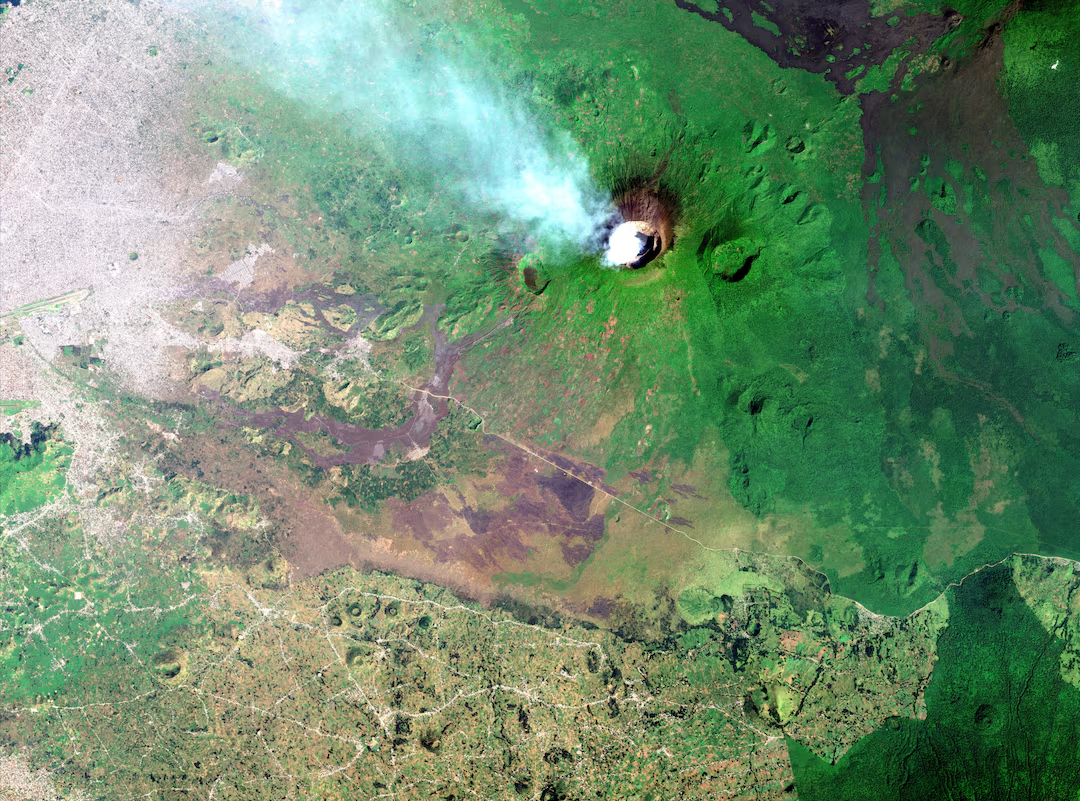Under the denuded slopes of Mount Nyiragongo volcano in eastern Democratic Republic of Congo, traders in Kibati town bartered over sacks of charcoal, a product of deforestation that an ongoing conflict has pushed to unprecedented levels, the United Nations says.
Motorbikes piled with freshly sawn planks zipped down the main road in Kibati, a community that has remained under Congolese army control even as a two-year insurgency by the M23 militia advanced in conflict-torn North Kivu province, displacing more than 1.7 million people.
“In the camp, we’re dying of hunger. We’ve decided to make charcoal so we can feed our children,” said displaced vendor Jacques Muzayi at Kibati.
The insecurity has worsened the pressure on the region’s once densely forested hillsides and its protected Virunga national park, home to many of the world’s last mountain gorillas.
“There used to be a forest here,” said Bantu Lukambo, head of a local environmental organisation.
He was standing outside Kibati within the park in scrubland that was dotted with hacked-up tree stumps. Only a few trees around a nearby park ranger station had been left standing.
“It is since the start of the war that the combatants have been devastating Virunga,” he said, describing how this paved the way for smaller-scale destruction.
Each morning in Kibati, crowds of local residents and people displaced by the fighting enter the park’s territory in search of logs to burn to make charcoal for cooking. Others go deeper to cut trees for planks, or plant crops in the newly open land.
